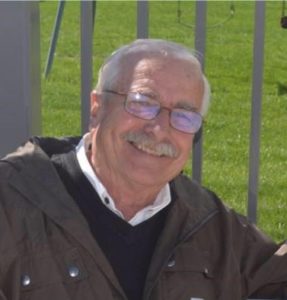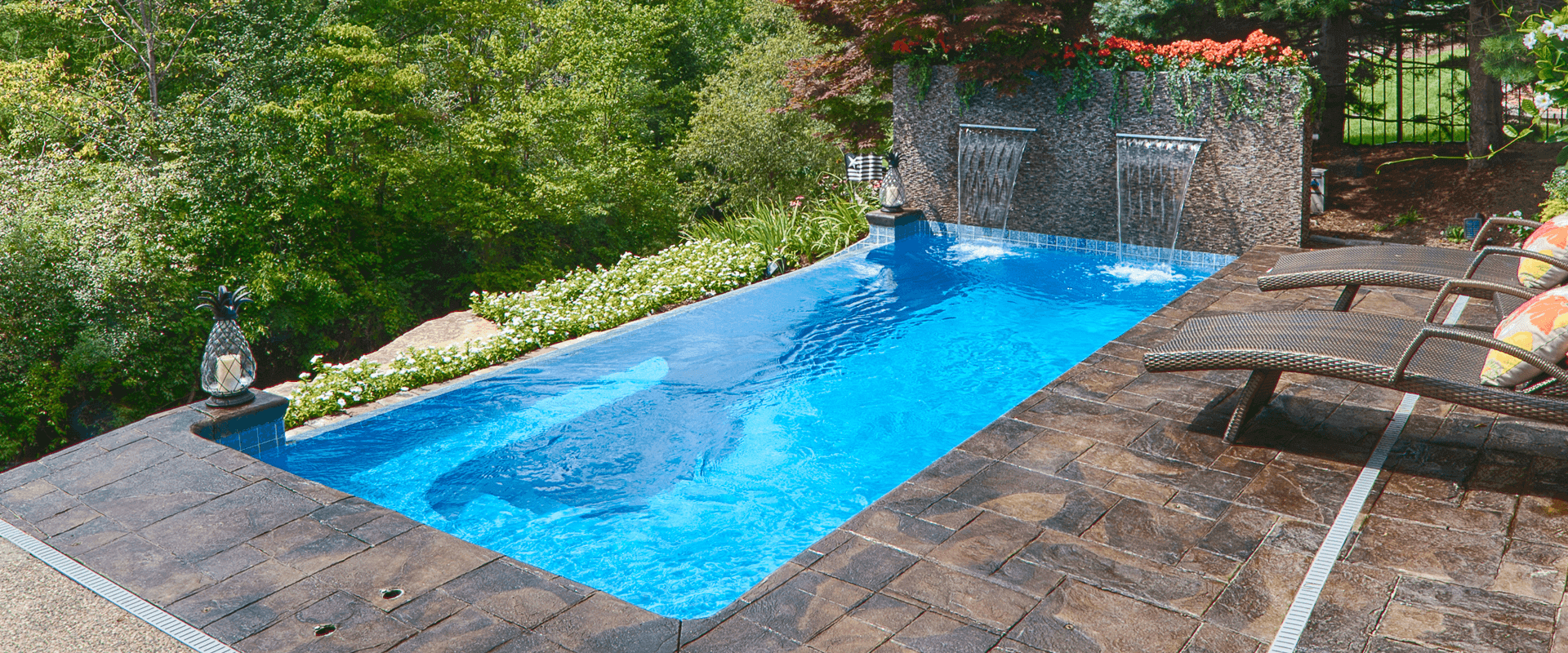877-929-7665
Ask the General: How Do I Control Heating Costs in My Pool?
 Dear General;
Dear General;
I absolutely LOVE my new inground fiberglass swimming pool. What I’m not sure I’m going to love is my pool heating bill. Do you have any tips and tricks for controlling swimming pool heating costs?
Signed– Don’t Want My Dollars Going Down the Pool Drain.
Dear Dollars;
I hear you. No one wants to see their hard-earned money going down the swimming pool drain. Let’s take a look at the various kinds of heaters and ways you can save your money for more fun things.
______________________________________________________________________
Four types of heaters
First of all, pool heaters are NOT the most energy efficient appliances you’ll ever run across. The most popular options are electric and gas. Some folks also use solar or, in rare cases, wood burning. Which is best? That depends on who you ask. Let’s break it down.
Electric
Electric heat pumps use electricity to capture heat and move it from one place to another. In other words, they take the ambient heat surrounding your pool and transfer it into the pool. The electric heat pump manufacturers report that they are the most efficient.
Gas
Gas pool heaters use either natural gas or propane. As the pump circulates the pool’s water, the water drawn from the pool passes through a filter and then to the heater. The gas burns in the heater’s combustion chamber, generating heat that transfers to the water, and that water is returned to the pool.The gas heater manufacturers report they are the most efficient.
Solar
Solar heating units take the heat from the sun and introduce it to the water. They involve a solar collector — the device through which pool water is circulated to be heated by the sun. A filter removes debris before water is pumped through the collector. Then, a pump circulates water through the filter and collector and returns it to the pool. Solar heat manufacturers report they are the most efficient.
Wood burning
Wood burning heaters also use a heat exchanger (similar to gas units) to heat the water. Cold pool water is pumped from the pool via a submersible pump into a coil of copper pipe mounted above the fire, inside the fire pit or grill. By the time the water makes it out of the pipe, the fire has heated the water. This is similar to how a standard hot water heater works.This system is most often used in rural areas. The wood burner manufacturers report they are the most efficient. (Have you noticed a pattern here?)
So which one is the best and most efficient? Well, that’s a tough question to answer. It really depends on pool heating costs in your area and what you already have in your home. Regardless of the heating option you choose, here are some tips and tricks to save money on your pool heating costs:
- Cover it up. When the pool is not in use, close it off with an automatic safety cover or a solar blanket.
- Limit run time. Water features like fountains, waterfalls and bubblers are wonderful, but you really only need to run them when you’re in the pool. Turn them off when you get out.
- Maintain your landscaping. Trim trees and bushes that restrict sunlight from your pool.
- Block the wind. Install barriers, such as fences or shrubs, that will keep wind from hitting your pool surface and cooling the water.
- Mind your thermostat. Keep the temperature set between 78-82°. Each degree over that adds about 10% to your pool heating costs.
Maintenance is Key
Ultimately, the key to successfully and efficiently heating your swimming pool is to be proactive with your heater maintenance. You also need to keep your water balanced for optimal performance. Have a certified technician give the heater, along with all your pool equipment, a health checkup every year. Most pool companies will perform a thorough check when they open your pool (or at regular intervals if you live somewhere where your pool is open year-round.) Whether you choose a large service or a one-man show, make sure they are honest, on time, established, insured, heater-certified, knowledgeable and professional. Ask for a checkup report, just like the one you get from the company that services your furnace and air conditioner. They come in handy when you’re dealing with a manufacturer’s warranty.
Now, it’s time to grab a float, relax and enjoy the pool.
Until next time…
The General
______________________________________________________________________
Who is The General?
The man, the myth, the legend….we just call him The General. His organized, systematic approach to pool installations over the years had his crew members calling him “The General” and it stuck. The General has over 30 years’ experience in the pool and spa industry, working for one of Pool and Spa News’ “Top 50 Pool Builders.”
Over that time, he designed, sold, project-managed and installed over a thousand inground swimming pools. As a pool owner himself, he’s the perfect authority to give you the inside scoop, with amazing tips and tricks to make pool ownership a breeze!
